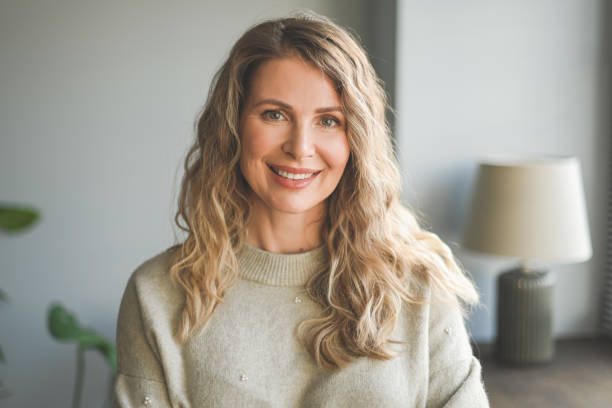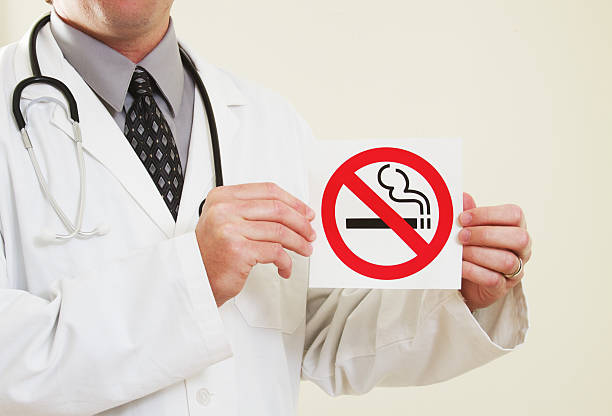Skin Care
Does Coffee Truly Possess Anti-Aging Properties
Is coffee the key to overcoming the aging process? Many coffee enthusiasts believe this. Coffee, with its rich scent and invigorating effects, is frequently seen as a morning ritual that gets the day started. But, aside from its capacity to wake us up, may coffee also have anti-aging properties?
What Causes Aging?
Before we get into coffee and its potential anti-aging benefits, let’s first discuss what causes aging. Aging is a complex process that is influenced by a variety of factors, including genetics, lifestyle choices, and environmental exposure. Oxidative stress is one of the leading causes of aging.
When the body’s free radicals and antioxidants are out of equilibrium, oxidative stress develops. Free radicals are unstable chemicals that can destroy our cells. When left uncontrolled, this damage can accumulate over time and accelerate the aging process. So how do antioxidants come into play?
The Role of Antioxidants in Anti-Aging
Antioxidants are chemicals that neutralize free radicals, thereby mitigating the negative consequences of oxidative stress. They serve an important function in keeping our cells healthy and vital. While our bodies naturally manufacture some antioxidants, they can also be obtained through our food.
Consuming antioxidant-rich foods, such as fruits, vegetables, and, yes, coffee, can assist our bodies defend against oxidative stress. Antioxidants help prevent premature aging by lowering free radical damage.

Coffee as a Source of Antioxidants
Coffee, it turns out, is not just a delicious beverage, but also a rich source of antioxidants. It includes various antioxidant chemicals, including as chlorogenic acid, caffeic acid, and melanoidins. These antioxidants help to battle free radicals and reduce oxidative stress in the body.
Furthermore, coffee includes polyphenols, a type of antioxidant renowned for its possible anti-aging properties. Polyphenols have been shown to reduce inflammation, enhance skin health, and maybe minimize the risk of some age-related disorders.
Scientific Studies on Coffee and Its Anti-Aging Properties
Numerous scientific research have looked into the potential anti-aging benefits of coffee. One study published in the Journal of Nutrition discovered that drinking coffee was connected with a lower risk of death, notably from heart disease and neurological disorders such as Parkinson’s and Alzheimer’s.
Another study published in the European Journal of Nutrition found that coffee consumption was inversely connected to markers of inflammation, which is a common cause of aging and age-related disorders. The researchers found that drinking coffee on a regular basis may have anti-inflammatory benefits, helping to promote healthy aging.
It’s crucial to highlight that, while these studies indicate a possible link between coffee and anti-aging effects, additional research is needed to completely understand the processes at work. Furthermore, individual reactions to coffee can vary, so listen to your body and make informed decisions.

Other Potential Anti-Aging Benefits of Coffee
Aside from its antioxidant content, coffee may have other anti-aging properties. For example, coffee has been shown to boost cognitive performance and protect against age-related cognitive decline. The caffeine in coffee activates the central nervous system, increasing alertness and focus.
Furthermore, coffee has been linked to a lower risk of various age-related disorders, including type 2 diabetes, liver disease, and some types of cancer. However, it’s important to remember that coffee is only one part of the picture when it comes to staying healthy and avoiding age-related illnesses.
How to Incorporate Coffee into Your Anti-Aging Routine
If you want to add coffee into your anti-aging routine, moderation is essential. While coffee has potential benefits, excessive use can lead to severe side effects such as increased anxiety, interrupted sleep, and digestive problems.
To get the possible anti-aging benefits of coffee, opt for a moderate consumption of 3-4 cups per day. Keep in mind that this guideline may differ depending on personal characteristics such as caffeine sensitivity and overall health. It is always advisable to seek tailored guidance from a healthcare professional.
Also, be cautious of how you make your coffee. To prevent excessive calories and possibly bad health effects, drink black coffee or use only a few natural sweeteners and chemicals.

Other Factors to Consider for Healthy Aging
While coffee may have some anti-aging properties, it’s important to examine other elements that influence healthy aging. Maintaining a balanced lifestyle is essential. This includes eating a nutrient-dense diet, exercising regularly, managing stress, getting enough sleep, and refraining from smoking and drinking excessively.
Furthermore, genetics have an important influence in the aging process. Some people may be genetically prone to age-related diseases, independent of their lifestyle choices. It’s critical to be aware of your family history and take proactive measures to reduce any dangers.
Myths and Misconceptions About Coffee and Aging
Despite the potential benefits of coffee, there are numerous myths and misconceptions about its impact on aging. One prevalent fallacy is that coffee dehydrates the body and speeds up the aging process. However, studies show that moderate coffee drinking does not have a substantial dehydrating effect.
Another common misunderstanding is that coffee promotes wrinkles and premature aging of skin. While excessive caffeine consumption can lead to dehydration and affect the appearance of the skin, moderate coffee drinking is unlikely to have a substantial detrimental effect on the skin.
Conclusion
To summarize, coffee’s possible anti-aging effects make it an interesting addition to a healthy lifestyle. Coffee, which contains antioxidants and other healthy components, may help reduce oxidative stress, inflammation, and the risk of certain age-related disorders.
However, keep in mind that coffee is not a magical panacea that will keep you young forever. Genetics, lifestyle choices, and overall health are all factors that influence the aging process. While you can have the occasional cup of coffee, it’s critical to live a balanced lifestyle for general health and wellness.
So, the next time you relish a steaming cup of coffee, keep in mind that you may be getting more than just a pick-me-up; you could also be treating yourself to some potential anti-aging benefits.
Trusted Health, Wellness, and Medical advice for your well-being


